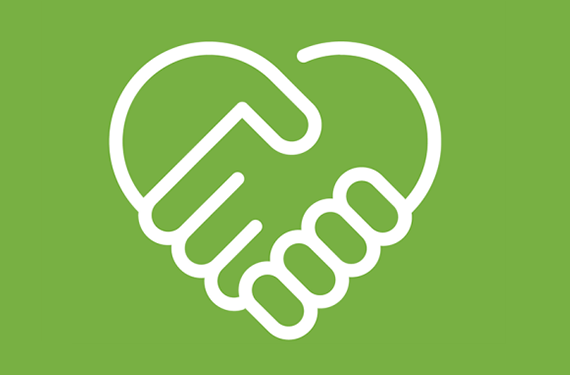
On this page
-
What kind of support can I access?
-
How can it help me?
-
How do I get help?
-
Information for carers and support people
-
Learn more about Aftercare services
What kind of support can I access?
Thoughtful and caring support services are available free to anyone who recently attempted suicide, is going through a suicidal crisis, or is in a period of distress.
These services are known as ‘Aftercare’. They can connect you to the support you need, and offer care to help you feel safe at this vulnerable time.
How can it help me?
A support coordinator or peer worker can provide you with one-to-one support for up to three months (or longer at some services).
Based on your needs and goals, support can include:
- creating a support plan that focusses on your long-term recovery
- connecting you with services, such as mental health supports, community groups, financial support, or relationship counselling
- making a safety plan so you know what to do and who to call if you feel distressed
- providing access to formal and informal support to help your recovery.
How do I get help?
If Aftercare is a service you think might be helpful to you or someone you care for, speak to your doctor or healthcare worker about getting a referral.
After being referred, a support coordinator or peer worker will contact you to discuss support.
Support is also available for children or young people.

Get help now
If you or someone you know is in immediate danger, please call Triple Zero
000 or go to your nearest
Emergency Department.
Your can also call Lifeline on
13 11 14, 24 hours a day, 7 days a week.
Or visit
Get help now for more crisis services that may be better suited to you.
Information for carers and support people
The support, care and connection that family, friends and carers can provide to someone after a suicide attempt or suicidal distress is critical.
If you also need support during this time, consider:
-
Minds Together – a free online program for family, friends, carers and kin who are supporting someone following a suicide attempt or experiencing suicidal distress.
-
Carer Gateway – an Australian Government program providing free emotional and practical services and support for carers, family, friends and kin.
-
Family and Carer Mental Health Program – a NSW Health program delivering mental health services by supporting health professionals to involve and assist families and carers throughout the consumer journey providing information, support and referrals
- talking to your GP about mental health supports available to you.
Learn more about the Aftercare services
Aftercare services are delivered by local service providers. They are co-funded by the NSW and Australian Governments through a an agreement between Primary Health Networks and Local Health Districts.
The partnership aims to expand and improve access to suicide aftercare services in NSW to ensure all people in NSW have access to support when they need it. This is part of The National Mental Health and Suicide Prevention Agreement
Across NSW, aftercare services are being expanded to continue improving access to support and care, aiming to create a more integrated mental health and suicide prevention system.
The service delivery model
To support he expansion of Aftercare services across the state, the NSW Universal Aftercare Service Delivery Model was developed by the Agency for Clinical Innovation (ACI). The model provides practical guidance to help aftercare services support people after a suicide attempt or crisis.
The resource includes support for priority populations and practical considerations for governance and workforce development.
The NSW Universal Aftercare Service Delivery Model is available as a online resource.
Related link
Support for children and young people after a suicide attempt or crisis